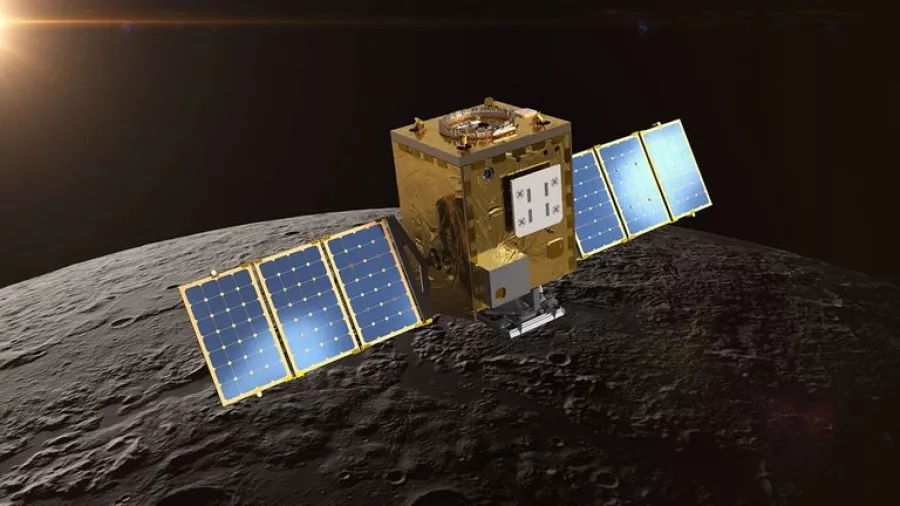 The discovery that so thrilled the scientific community last year may have opened the door to a glimpse of the future: the end of the world (and the universe) as we know it.
The discovery that so thrilled the scientific community last year may have opened the door to a glimpse of the future: the end of the world (and the universe) as we know it.
At the annual meeting of the American Association for the Advancement of Science this week, scientists worried the Higgs boston particle--sometimes called the "God particle"--may confirm a universe-ending disaster billions of years in the future.
"This calculation tells you that many tens of billions of years from now there'll be a catastrophe," said Joseph Lykken, a theoretical physicist at the Fermi National Accelerator Laboratory in Batavia, Ill, according to LiveScience.
"It may be the universe we live in is inherently unstable, and at some point billions of years from now it's all going to get wiped out."
Lykken knows what he's talking about: he's a collaborator on some of the experiments at the Tetravon accelerator at Fermilab, a device similar to the Large Hadron Collider at CERN in Switzerland where the particle believed to be the Higgs boson was discovered last year.


 In the middle of the 7th century, a plague swept through the walled city of Jerash,...
In the middle of the 7th century, a plague swept through the walled city of Jerash,... A newly discovered species of large dinosaur lived in marshy areas, hunted for fish and had...
A newly discovered species of large dinosaur lived in marshy areas, hunted for fish and had... On February 26, 2025, a NASA probe called Lunar Trailblazer lifted off from Kennedy Space Center...
On February 26, 2025, a NASA probe called Lunar Trailblazer lifted off from Kennedy Space Center... She navigated segregation to become an esteemed mathematician — and today, her work helps billions of...
She navigated segregation to become an esteemed mathematician — and today, her work helps billions of...






























